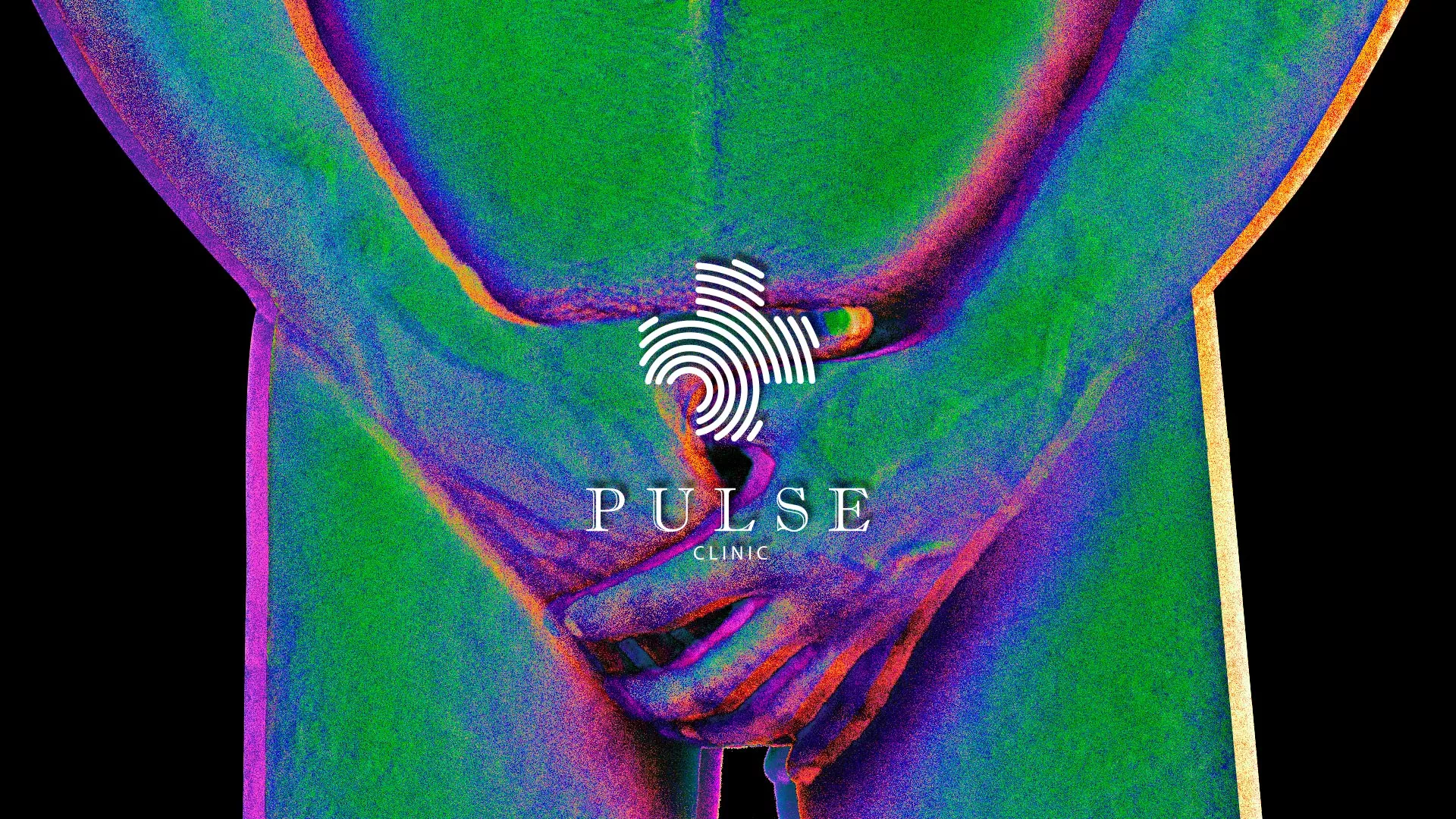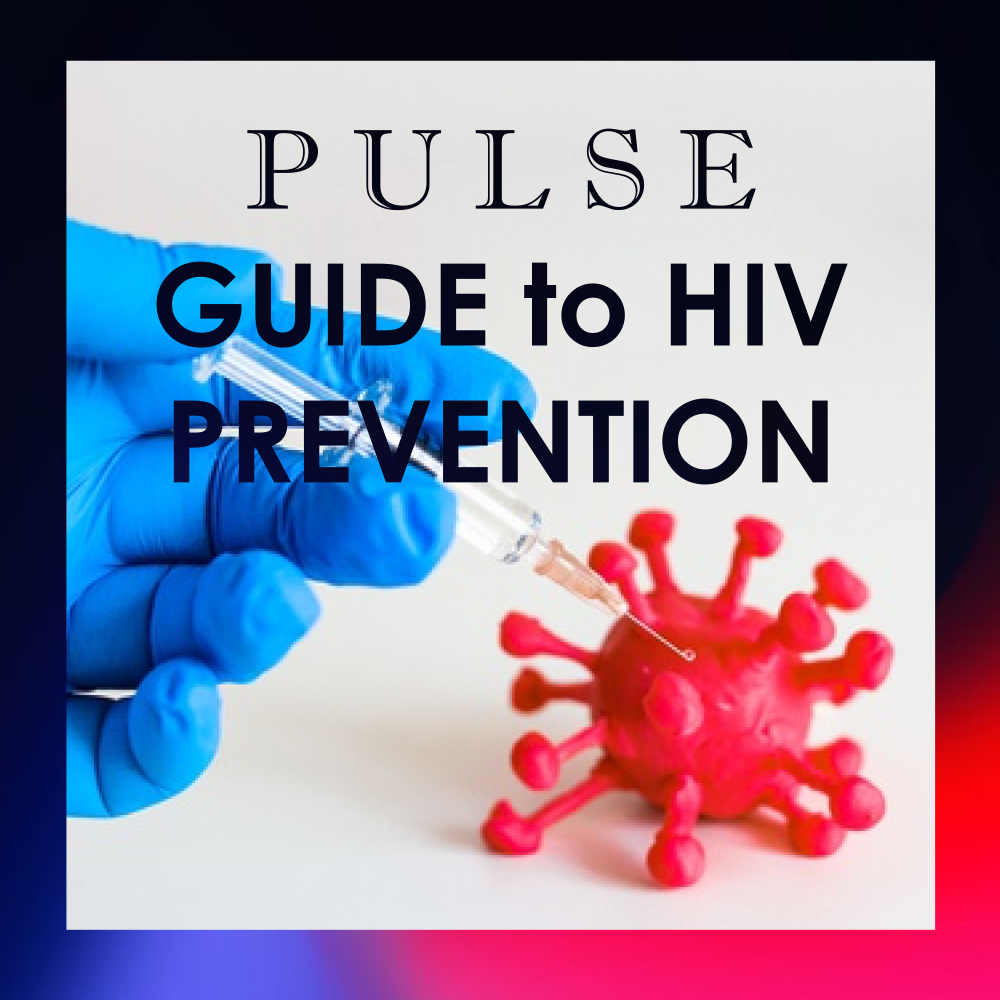Erectile Dysfunction (Impotence)
87443
Erectile dysfunction is the inability to get or keep an erection that is good enough for satisfying sexual performance in Thailand

Written by Dr.Deyn Natthakhet Yaemim (Founding Director) on 6 June 2015, last update 17 July 2022
ABOUT ERECTILE DYSFUNCTION IN THAILAND
Erectile Dysfunction (Impotence) is a common condition affecting men worldwide, including in Thailand. Erectile dysfunction is the inability to get or keep an erection that is good enough for satisfying sexual performance.
Erectile dysfunction (ED), or impotence, is more likely to happen in Thailand if you are older, overweight, have high blood pressure or diabetes, smoke, or drink alcohol. In addition, psychological factors such as stress, anxiety, and depression can also contribute to ED.
In Thailand, several treatment options are available for erectile dysfunction, including oral medications, injections, acupuncture, and shockwave therapy for erectile dysfunction (Shockwave therapy is only available in our Silom, Bangkok, and Tanjong Pagar, Singapore branches). But many men in Thailand may not get help for ED because of cultural barriers, stigma, or because they don't know enough about the condition and the available treatments.
There have been efforts to raise awareness about ED and encourage early detection and erectile dysfunction treatment to solve this medical problem. This includes education campaigns, making it easier to get medical care, and making medicines cheaper and work better. (Learn more about where getting erectile dysfunction pills)
Even though ED is a significant health problem in Thailand, steps are being taken to make it easier to diagnose, treat, and help men who have it.
Erectile Dysfunction Treatment Packages and Promotion at PULSE Clinic
| ED Treatment Services | Price/Session | Promotion | ||
Package 1 | Package 2 | Package 3 | ||
| Acupuncture* | 1600 THB | 5 sessions | 10 sessions | coming soon |
| Shockwave Therapy** | 6500 THB | 6 sessions 30,000 THB | 12 sessions 55,000 THB | coming soon |
| Testosterone Therapy** | To be discuss with your doctor. | |||
| ED Treatment with medication | See below | See below | coming soon | coming soon |
Focued Shockwave for Erectile Dysfunction (3000 shots per session, twice weekly)
Focused Shockwave
| Services | Shoots | Price |
| Shockwave Therapy | 3000 shots | 6,500 THB |
| Shockwave Therapy | 1500 shots | 4,500 THB |
Contact us at info.bkk@pulse-clinic.com or chat on your preferred platform:
![]() +66 65 237 1936
+66 65 237 1936  @PULSEClinic
@PULSEClinic ![]() PulseClinic
PulseClinic
What Is Erectile Dysfunction (ED)?
Tired of the bedroom blues? Whether it’s weak erections, low stamina, or performance anxiety, PULSE CLINIC is here to bring back the boom. From cutting-edge therapies to trusted ED medications, we help men rediscover their confidence—discreetly, safely, and effectively.
ED means having trouble getting or keeping an erection firm enough for sex. While it’s common—especially as men age—it’s not something you have to just live with. ED can stem from physical issues like poor blood flow, low testosterone, or chronic health conditions (diabetes, heart disease), as well as emotional causes such as stress, anxiety, or relationship challenges.
Causes
1. Physical Factors
- Reduced Circulation: Conditions like atherosclerosis (narrowed blood vessels), high blood pressure, and high cholesterol limit blood flow to the penis, making it difficult to achieve or sustain an erection.
- Low Testosterone Levels: Testosterone supports sexual desire and aids physiological responses. When levels drop, both libido and erection quality can suffer—even if circulation is healthy.
- Nerve Damage: Diabetes, pelvic injuries, or spinal cord issues can interrupt the nerve signals required for arousal and erection.
- Obesity & Cardiovascular Disease: Excess weight, heart disease, and sedentary lifestyles strain both circulation and hormonal balance, increasing ED risk.
2. Hormonal Factors
- Testosterone Deficiency: Even mildly low T can noticeably reduce sexual function, affecting your ability to get and maintain erections—regardless of other health issues.
3. Psychological Factors
- Stress & Anxiety: Daily pressures—work, finances, relationships—can impair mental focus and libido.
- Performance Pressure: Overthinking sexual performance can create a "mental block," making erections elusive at crucial moments.
- Depression & Mood Disorders: These can dampen sexual desire and readiness.
- Relationship Problems: Emotional distance, poor communication, or unresolved tension can significantly decrease sexual satisfaction and contribute to erectile trouble.
Common Symptoms
- Difficulty Achieving an Erection
- Struggling to get started—even when in stimulating situations.
- Difficulty Maintaining an Erection
- Erection that doesn't last long enough for intercourse or loses firmness prematurely.
- Reduced Sexual Desire or Overall Stamina
- Low libido or lack of energy can make sex feel like work.
- Premature Climax
- Losing control and ejaculating sooner than desired—often linked with ED or on its own.
- Emotional & Psychological Effects
- Lowered self-esteem, diminished confidence, heightened stress, or frustration around intimacy.
- These emotions can loop back, worsening ED symptoms over time.
Why Understanding This Matters
Identifying the underlying cause is crucial to effective treatment. Some issues are physical (e.g., circulation), others hormonal (e.g., low T), and many involve a blend of body and mind (stress mixed with physical factors). With the right diagnosis, you're equipped to choose targeted therapies like medication, hormone support, shockwave treatment, counseling, or a personalized combination—and get back in control.
When Should You See a Doctor for Erectile Dysfunction?
Erectile issues happen to most men at some point—but if it’s happening more than 25% of the time, it’s not just “in your head,” and it’s time to speak to a professional. Here are signs it’s time to book a visit:
See a doctor if you experience:
- Difficulty getting or keeping an erection that lasts through intercourse—consistently
- Low sex drive or reduced sexual thoughts/desire
- Erections that are less firm or happen less frequently
- Premature ejaculation (or delayed ejaculation)
- Worsening fatigue, low mood, or brain fog—which could signal low testosterone
- Persistent stress, anxiety, or relationship tension related to your sexual performance
- Any sudden changes in sexual function (especially if you have diabetes, heart issues, or take medications)
Book a confidential men’s health checkup today
Because better sex starts with better health.
Contact us at info.bkk@pulse-clinic.com or chat on your preferred platform:
Add us on Line and stay in touch.
Risk Factors
As you get older, erections might take longer to develop and might not be as firm. You might need more direct touch to your penis to get and keep an erection.
Various risk factors can contribute to erectile dysfunction, including:
- Medical conditions, particularly diabetes or heart conditions
- Tobacco use, which restricts blood flow to veins and arteries, can — over time — cause chronic health conditions that lead to erectile dysfunction
- Being overweight, especially if you're obese (Read more on Saxenda for weight loss & obesity treatment)
- Certain medical treatments, such as prostate surgery or radiation treatment for cancer
- Injuries, particularly if they damage the nerves or arteries that control erections
- Medications, including antidepressants, antihistamines, and medications to treat high blood pressure, pain, or prostate conditions
- Psychological conditions, such as stress, anxiety or depression
- Drug and alcohol use, especially if you're a long-term drug user or heavy drinker
Complications
Complications resulting from erectile dysfunction can include:
- An unsatisfactory sex life
- Stress or anxiety
- Embarrassment or low self-esteem
- Relationship problems
- The inability to get your partner pregnant
ED can be caused by only one of these factors or by several of them. That’s why it’s important to work with your doctor so that they can rule out or treat any underlying medical conditions.
Erectile dysfunction tests
Testing for ED can involve a variety of steps, including a physical examination and taking your health and sexual history. Additional tests may be performed to determine if your symptoms are caused by an underlying condition.
Physical Examination for Erectile Dysfunction
You should expect a physical exam where your doctor will listen to your heart and lungs, check your blood pressure, and examine your testicles and penis. They may also recommend a rectal exam to check your prostate.
Psychosocial History
Your doctor will ask you questions or request that you fill out a questionnaire about your symptoms, health history, and sexual history. The responses can help them evaluate the severity of your ED.
Some questions that you may be asked include:
- How long have you been experiencing ED? Did it come on suddenly or gradually?
- Are you having any problems with feeling sexual desire, ejaculating, or reaching orgasm?
- How often do you have sex? Has this frequency changed recently?
- How firm are your erections? Is this affected by particular situations or types of stimulation?
- Do you wake up in the morning or in the middle of the night with erections?
- How’s your current relationship? What expectations do you and your partner have for each other? Have there been any changes?
- Have you recently been experiencing a lot of stress?
- What medications are you currently taking? Do you use tobacco, alcohol, or nonprescription drugs?
- Do you have any underlying conditions or have you had any surgery on or injury to your pelvic area?
Additional Tests
Your doctor may perform additional testing to help diagnose your ED. Tests can include:
- Ultrasound. An ultrasound can be used to examine the blood vessels of the penis to determine if there’s a problem with penile blood flow.
- Nocturnal penile tumescence (NPT) test. A portable, battery-powered device, worn on the thigh, is used to evaluate the quality of your nocturnal erections. Data is stored in the device, which your doctor can access later.
- Injection test. During this test, a medication is injected into your penis to stimulate an erection. This allows your doctor to evaluate the firmness of the erection and how long it lasts.
- Urine tests. Urine tests can be used to check for diabetes or other underlying health conditions.
- Blood tests. Blood tests can be used to check for conditions such as diabetes, heart disease, thyroid issues, and low levels of testosterone.
These tests can help your doctor guide your treatment as well as determine if an underlying condition may be causing your ED. Find out more about how blood tests can be used to diagnose ED.
Erectile Dysfunction Treatment
Treatment for ED will depend on the underlying cause. You may need to use a combination of treatments, including medication or talk therapy.
1. Erectile Dysfunction Shockwave Therapy: (EDSWT) Shockwave Therapy (ESWT) – Power Without Pills
If you’re looking to get harder, naturally—this is your jam. Shockwave Therapy is a non-invasive, drug-free option that stimulates blood flow with powerful soundwaves. No pills. No surgery. Just vibes. Literally.
This treatment goes beyond the surface to treat the root cause of erectile dysfunction. You get more blood, harder erections, and zero needles or downtime. It’s a total upgrade that helps you revive your sex life and restore natural function.
Put the rock back in your cock with high-frequency pulses that hit deep. Shockwave therapy at PULSE treats your D like the VIP it is—and delivers results you can feel.
Shockwave benefits:
- ✅ Stimulates penile blood flow
- ✅ Promotes new vessel growth
- ✅ Improves natural erections over time—no drama required
. The treatment of shock waves has been very effective as a non-surgical innovation to find a solution and reduce ED. (Low-intensity shock waves for ED are available in PULSE CLINIC Bangkok and Singapore branches too)
| Service | Sessions | Price |
| Shockwave Therapy for Erectile Dysfunction | 6 sessions | 30,000 THB |
| 12 sessions | 55,000 THB |
(3000 shots per session, once weekly)
2. ED Medications – Pop, Play, Perform
When the moment’s right, make sure you are too. ED medications are fast, effective, and ready to boost your bedroom confidence. Whether you're feeling soft (not on our watch!) or just want to perform like a porn star, our range of trusted medications has you covered. No more pressure—just pleasure. These clinically proven pills are your secret weapon: pop it, play, and perform.
Because let’s face it—floppy is only cute on bunnies. You deserve harder, stronger, longer erections with medication that works when you need it most. Rise. Rock. Repeat. Confidence in your pants—and between the sheets—is just one tab away.
| ED Medication | Price/box |
| Original Viagra 100mg, 4 tabs/box | 2,100 THB |
| Original Viagra 50mg, 4 tabs/box | 1,900 THB |
| Original Cialis 5mg, 28 tabs/box | 4,900 THB |
| Original Cialis20mg, 4 tabs/box | 2,800 THB |
| Original Levitra 20mg, 4 tabs/box | 3,300 THB |
| Sidegra (Generic Viagra) 100mg, 4 tabs/box | 650 THB |
| Sildenafil (Generic Viagra) 50mg, 4 tabs/box | 450 THB |
| Sildenafil (Generic Viagra) 100mg, 2 tabs/box | 250 THB |
| Talafil (Generic Cialis) 5mg, 30 tabs/box | 3,200 THB |
| Talafil (Generic Cialis) 20mg, 4 tabs/box | 2,300 THB |
3. Hormone Therapy (Testosterone Replacement Therapy) – Fuel Your Fire
Low testosterone = low drive. Fix the imbalance, and reignite your fire—because hormone therapy isn’t just about libido, it’s about life. If you’ve been feeling drained, low on energy, or missing that edge in the bedroom (or boardroom), testosterone therapy can help you bring your A-game back.
We’ll boost your T so you can boost your D. You’ll feel like yourself again—with the testosterone your body’s been missing. Whether you’re tired of feeling “meh” or ready to crank the dial up to Sex God, medically guided Testosterone Replacement Therapy (TRT) helps restore your natural energy, mood, and libido.
Because your drive, your stamina, and your confidence all come from one powerful place—your hormones.
What TRT can do for you:
- ✅ Restore energy & sex drive
- ✅ Improve erection strength & emotional wellness
- ✅ Boost total vitality and sexual performance
4. Talk Therapy
Several psychological factors can cause ED, including:
- stress
- anxiety
- post-traumatic stress disorder (PTSD)
- depression
If you’re experiencing psychological ED, you may benefit from talk therapy. Over several sessions, you and your therapist will discuss:
- Major stress or anxiety factors
- Your feelings around sex
- subconscious conflicts that could be affecting your sexual well-being
If ED is affecting your relationship, consider speaking with a relationship counselor as well. Relationship counseling can help you and your partner reconnect emotionally, which may also help your ED.
5. Vacuum pumps
This treatment uses the creation of a vacuum to stimulate an erection. Blood is drawn into the penis as the device is used, leading to an erection.
A vacuum pump device consists of a few different components:
- a plastic tube, which you place over your penis
- a pump, which works to create the vacuum by drawing air out of the plastic tube
- an elastic ring, which you’ll move to the base of your penis as you remove the plastic tube
The elastic ring functions to maintain the erection, holding the blood in the penis and preventing it from returning to circulation. It can be left in place for 30 minutes.
Book a confidential men’s health checkup today
Because better sex starts with better health.
Contact us at info.bkk@pulse-clinic.com or chat on your preferred platform:
![]() +66 65 237 1936
+66 65 237 1936  @PULSEClinic
@PULSEClinic ![]() PulseClinic
PulseClinic
PULSE RefillXpress Service
Refill your medications at PULSE CLINICS
We offer medication refills for all general medicines. Contact us to let us know which medications you need to be refilled. Our doctor will prescribe and get your refill delivered to your hotel/home.
For more information about the medication and ordering process,
please contact us at pulseliving@pulse-clinic.com or chat with us on your preferred platform.
Chat with PULSE CLINIC ONLINE Department
Loading...
Clinic Locations
Loading...













